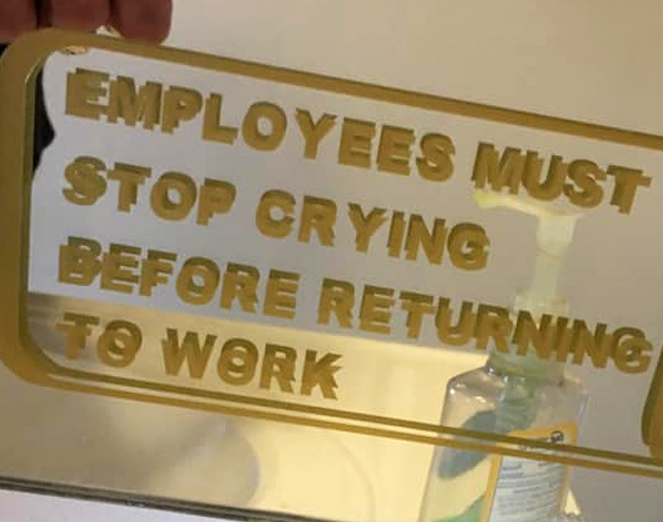cross-posted from: https://lemm.ee/post/1159654
Johnson & Johnson has sued four doctors who published studies citing links between talc-based personal care products and cancer, escalating an attack on scientific studies that the company alleges are inaccurate.
J&J’s subsidiary LTL Management, which absorbed the company’s talc liability in a controversial 2021 spinoff, last week filed a lawsuit in New Jersey federal court asking it to force three researchers to “retract and/or issue a correction” of a study that said asbestos-contaminated consumer talc products sometimes caused patients to develop mesothelioma.



Doing any amount of research on this brings up this study published by the NIH (https://www.ncbi.nlm.nih.gov/pmc/articles/PMC4164883/)
To keep it brief for you:
Talc and asbestos are both silicate minerals
Because of this they naturally occur together
The above has been known outside of commercial industry since the early 80’s at least
The NIH tested 50 talc containing products
All 50 of the tested products contained asbestos in concentrations ranging between 5%-20% asbestos
Application of the talc containing products was found to aerosolise the asbestos fibers in a manner that they could be inhaled
Any inhalation of asbestos is considered enough to cause mesothelioma
J&J has known since 1967 that talc products usually contain asbestos as well as the health risks and continued to market it as safe anyways (https://www.reuters.com/investigates/special-report/johnsonandjohnson-cancer/)
Some other studies have found asbestos contamination of talc at lower percentages such as 15% of market products. I don’t know about you but I don’t want to roll the dice for somewhere between a 0%-85% chance that my product isn’t contaminated with asbestos just so my taint will be dry. If there’s 100,000 asbestos containing products, then at least 15,000 of them will contain asbestos.
Do you want to take that risk?